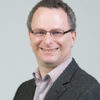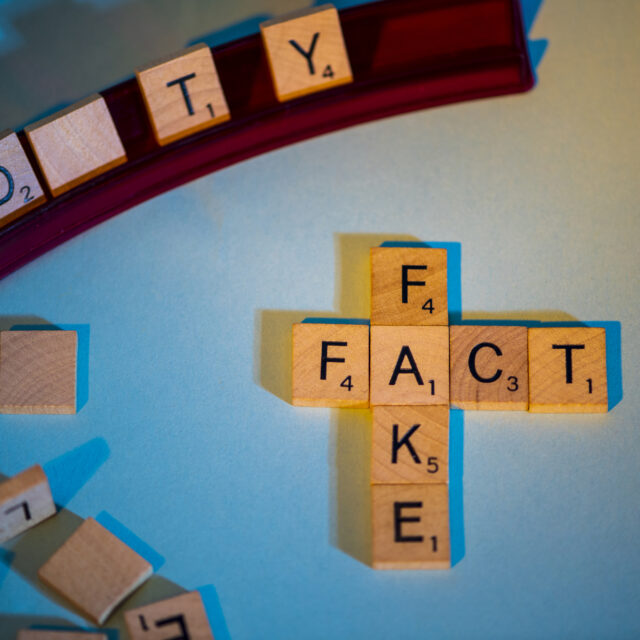Which of the following vaccine beliefs that routinely circulate on social media are true?
- COVID-19 vaccines will alter people’s DNA;
- COVID-19 vaccines contain microchips that could track people;
- COVID-19 vaccines contain the lung tissue of aborted fetuses;
- And COVID-19 vaccines can cause infertility, making it more difficult to get pregnant.
The answer is none of the above. They have been debunked by the scientific community. But a recent study exploring a possible link between misinformation and vaccine holdouts found that more than half of those surveyed couldn’t definitively say all of the claims were false.
Among respondents who did not mark any items as true, 70 percent reported being vaccinated, according to researchers from Northeastern, Harvard, Northwestern, and Rutgers. For those who marked a single false item as accurate, 43 percent were vaccinated and 36 percent were not. In the group that thought multiple statements were true, a “staggering” 42 percent had not had their shots, researchers wrote in the study.
Overall, 20 percent of U.S. residents think that at least one of the four claims is accurate. Just who are these people? They run the gamut―from the poor and wealthy, those with a high school diploma and those pursuing graduate degrees, to men and women, the study found.




